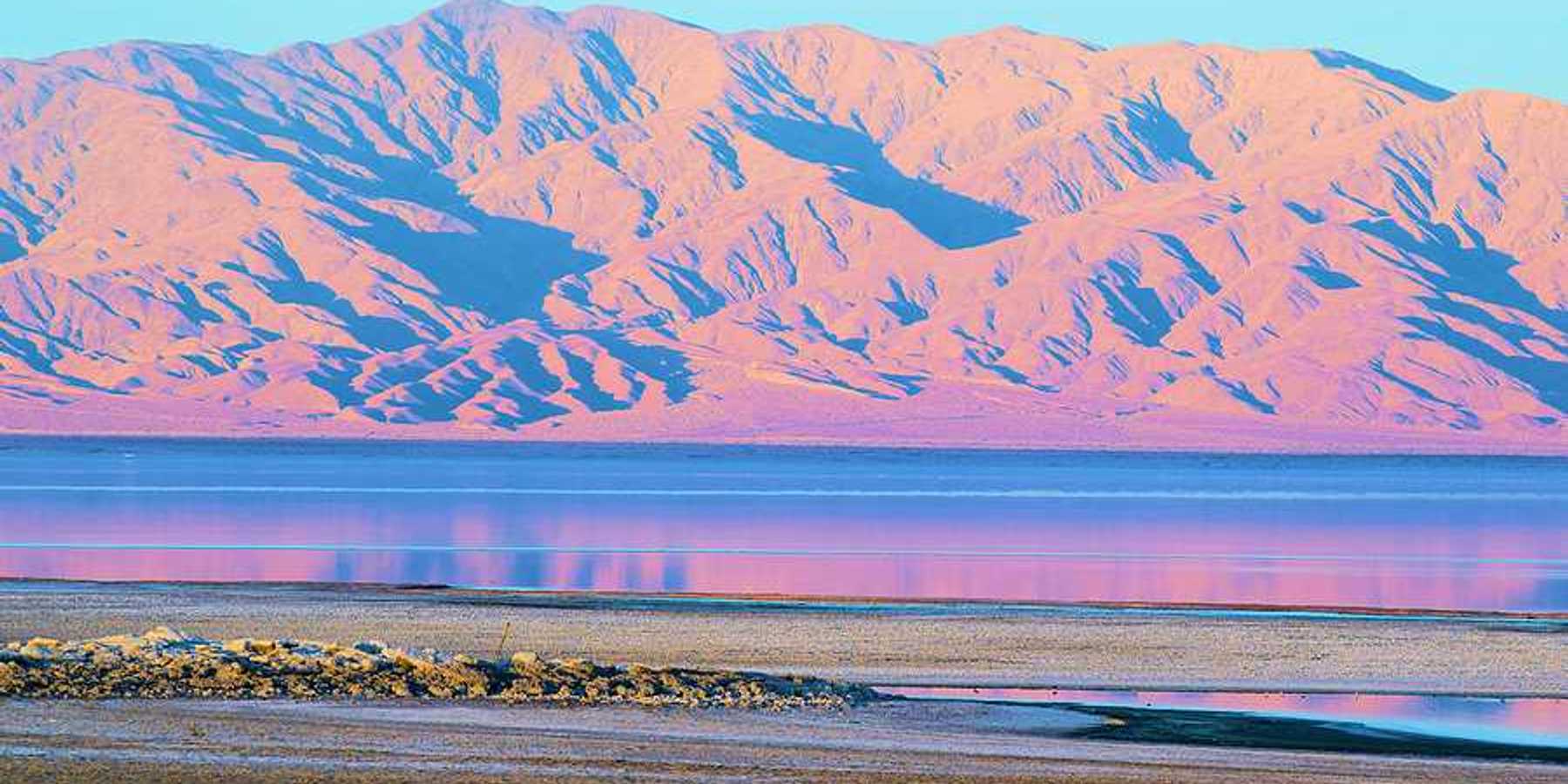Children have a right to sue nations over climate, U.N. panel says
Somini Sengupta writes in the New York Times about young activists who are increasingly resorting to legal action against governments for their failure to curb climate pollution, occasionally securing victories. The Committee on the Rights of the Child, an expert panel interpreting UN human rights law, endorsed these efforts.
In a nutshell:
In a comprehensive 20-page document, the committee stated that nations have a legal duty to shield children from environmental degradation, including regulating businesses, and permitting minors to seek legal remedies. While non-binding, this endorsement holds significance due to its basis in the widely recognized Convention on the Rights of the Child, which outlines children's right to hold governments accountable for addressing the climate crisis.
Key quote:
“Children have the right to a clean, healthy and sustainable environment,” the committee wrote. “This right is implicit in the convention and directly linked to, in particular, the rights to life, survival and development.”
The big picture:
Failure to address climate change could have severe consequences for younger generations. As environmental degradation persists, youth are increasingly vulnerable to various health risks. The lack of effective measures to combat climate pollution might lead to escalated respiratory ailments due to worsening air quality, heat-related illnesses as global temperatures rise, food insecurity and increased exposure to diseases carried by insects that flourish in changing environments. Psychological well-being might also be compromised as the uncertainty of a changing climate contributes to heightened anxiety and distress among young people. Inaction on climate change not only jeopardizes the environment but also poses a substantial threat to the health and well-being of future generations.
Read the New York Times article.
Derrick Z. Jackson argues that “Code Red” for climate means reducing US oil and gas production.













